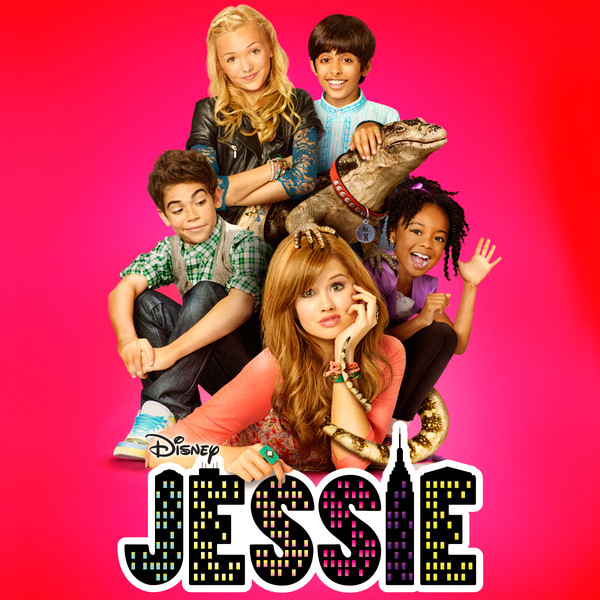If Disney is good for anything, it is nostalgia. It is not an exaggeration to say that nearly everyone living on our planet has some knowledge of, and thus, fond memories of Disney in some form. Be that the franchise — the House of Mouse has its capitalistic fingers in every aspect of society imaginable. Its long history of influencing society, and society influencing it back, means, unfortunately, that Disney has also been enforcing many stereotypes within its oeuvre of films and television shows. One of the less obvious stereotypes that these shows have enforced, is that of the feckless, hopeless nerd.
I missed the boat on Disney Channel for the most part; my brother and I preferred Cartoon Network as a child. My youngest sister, however, was the reason I began to watch Disney Channel shows as a young teen. She enjoyed shows like “Jessie,” its spinoff “Bunk’d” and “Liv and Maddie.” By proxy I would watch them along with her when I was in the room. One thing that all of these shows have in common is that the characters who are “smart” — the ones who like science, who have college aspirations or like to read — have a long list of poor characteristics in their archetypes. They are portrayed as being socially inept, have no luck in the romance department and generally looked down upon by their athletic, charismatic peers, especially the main protagonists and deuteragonists.
Of course, the “geek” and “nerd” stereotypes have existed alongside Disney and its franchises. The nerd/jock power dynamic has existed for as long as the media set in school has been. Of course, there will always be people who focus more on one thing than another in their lives, be that sports, books, computers, or something else entirely. That is not harmful in and of itself to have characters who display an interest in something specific. The real harm comes in when there are characters such as Joey Rooney from “Liv and Maddie,” Ravi from “Jessie” and “Bunk’d,” and countless others are allowed to be written and put on the screens of young people everywhere.
Disney’s prevalence in American culture means that they need to take more responsibility when playing smarts for laughs. “Liv and Maddie’s” Joey Rooney (portrayed by Joey Bragg) is always at the butt of jokes for liking live-action roleplay, playing video games, and being involved in robotics. His little brother Parker (Tenzing Norgay Trainor), the more charismatic of the two, is given a bend of the stereotypical “mad scientist,” with his machines often being dangerous and leading to trouble. In a similar vein, “Jessie’s” Ravi (Karan Brar) struggles with his love life, is very smart and also is very bad at sports, very much akin to Joey.
This one-note characterization of people who do well in education and actively pursue things that are deemed “intellectual” may seem like it is all fun and games, but in reality is quite harmful. We all know that bullying exists, so why play it for laughs on the screen? Why are people who are given the label “smart” only involved in STEM and bad at sports? To simply slap on the label as a way to get cheap thrills leaves so much to be desired in terms of character development.
As people in the United States continue to throw around conspiracy theories, distrust science and ban books, Disney permits their writing rooms to continue to create terrible stereotypes of smart people meant to be pointed and laughed at. We need to question why these stereotypes are permitted. In reality, intelligence comes in far more forms than being good at robotics and liking video games. People who pursue education in whatever form should be admired and not cast as loveless losers with no social life. They deserve better writing from one of American society’s most influential purveyors of culture, rather than being looked down upon because they do not spend their time on sports.








